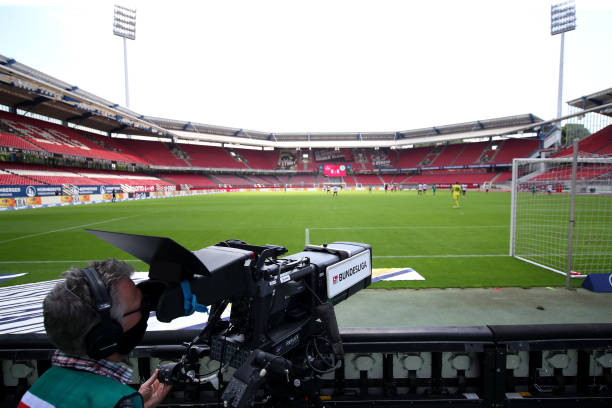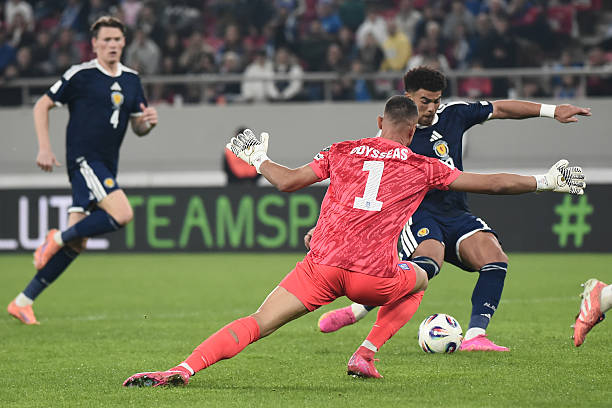
Broadcast delays are a major issue in live sports betting, particularly in football. With in-play betting ever more popular, knowing how these delays affect the betting landscape is important to bettors and bookmakers alike.
Grasping the concept of Broadcast Lags
Certain delays in broadcast are caused by signal processing, digital encoding, and other distribution methods. The lag can vary from a few seconds to more than one minute. Such inconsistencies place a gap in the live action on the field and what viewers see as they tune in. As a result, this can create massive disadvantages for bettors who are involved in live betting.
Impacts on In-Play Betting
This type of betting enables bettors to wager on a sporting event as it occurs in real time. But, if it takes 30 seconds before a bettor finds out about a play, they are at a severe disadvantage compared to those who receive up-to-the-moment information. If someone places a bet on a team to score moments before they actually do, that bettor may be betting based on outdated information. This delay may lead to missing out on some bets — or worse, making the wrong ones — giving betting sites that don’t have the same time lag a significant edge.
The impacts on in-play betting are particularly pronounced during fast-moving sports, such as football. For example, a bettor can watch their team getting traction and decide to take a wager on them to score next. But if they were delays, receiving data even a few seconds late, they would be late to vital changes in the game, such as a sudden interception or foul. This creates a situation where bettors can lose bets because of such misinformation.
The Advantage for Sportsbooks
These broadcast delays are all too familiar to bookmakers, who tend to re-configure their odds accordingly. They may observe live data feeds that give the most recent information on game events. They could respond quickly to changes in the game. However, sportsbooks have a leg up on the average bettor who only depends on their broadcasts for the information first, which is often too late. This leads to an unlevel playing field with the difference between real-time info and what is actually aired.
With live betting now becoming more popular, the need for improved broadcasting technology is rapidly becoming increasingly important. After all, the lag times might frustrate bettors and lead them to abandon in-play betting.
Ways to Reduce Risk for Bettors
Bettors can use the following as solutions to broadcast lags:
- Move away from hyper-specific micro-betting: Instead of attempting to micro-bet on individual outcomes, bet on who is going to score throughout a quarter or half.
- Take Advantage of Streaming Options: Certain services have settings to minimize broadcast delays. That adjustment can go a long way in improving the betting experience as it narrows the gap between what’s going on live and what’s on the screen.
Conclusion
The consequences of broadcast delays on in-play betting are both profound and complex. With the on-going progress of technology, finding solutions for these latency problems will be important for both punters and sportsbooks.








